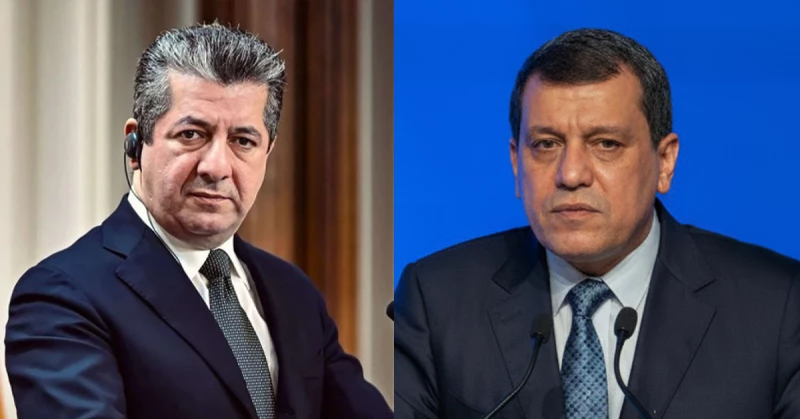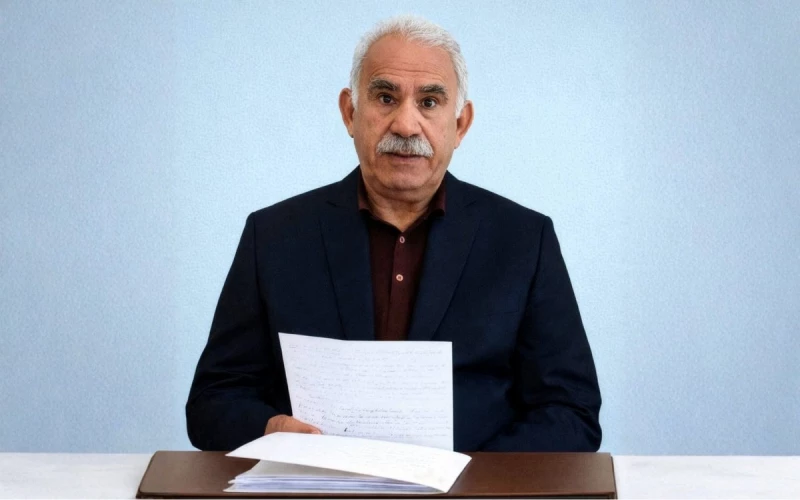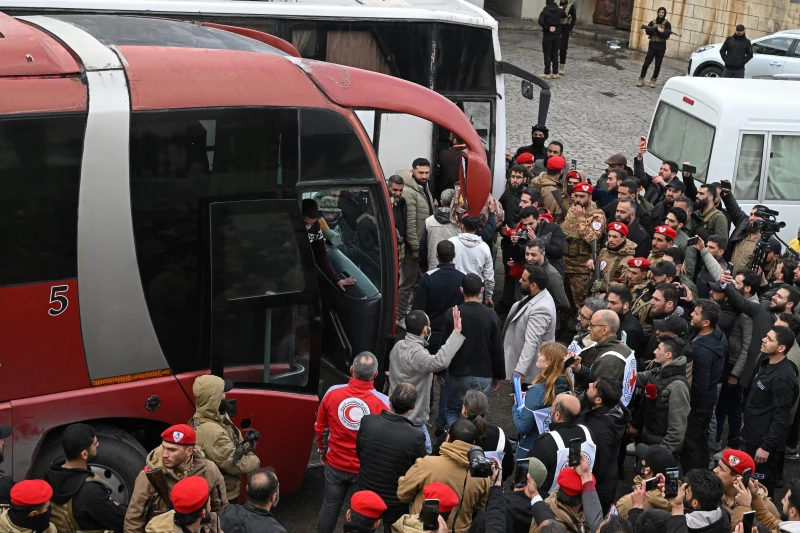ERBIL, Kurdistan Region of Iraq - The leader of a Syrian Kurdish opposition party on Thursday said President Masoud Barzani is seen as a “top reference” by Syrian Kurds to help establish Kurdish unity in the country while labeling the presence of the Kurdistan Workers Party (PKK) as a "major obstacle” in the way of Kurdish aspirations.
Leaders of the Kurdish National Council (KNC or ENKS) on Wednesday met with President Barzani in Erbil to discuss the recent developments in Syria. In the meeting, “President Barzani emphasized the significance of supporting the Kurdish cause in Syria,” while stressing the need for “Kurdish unity” in the country on the basis of “dialogue and pursuing peaceful means.”
Speaking of their meeting with President Barzani, Mohammed Ismael, head of the ENKS, told The New Region on Thursday that “Meeting with Mr. President Masoud Barzani is of importance, as the entire Kurdish population in Syria is eyeing Mr. President Barzani, and we see him as a top reference [marja’].”
Ismael said during their meeting with President Barzani, they “discussed the political developments in general in the region… in the wake of the fall of the Syrian regime and what role Kurds can play, as well as Kurdish unanimity. We had good talks on these matters.”
President Barzani “cares a lot about Kurdish unity” and "demanded that there needs to be an agreement between the Kurds and Kurdish unity be preserved.”
The ENKS, an umbrella of Syrian Kurdish opposition groups, was established in October 2011 in Erbil, soon after the outbreak of the Syrian civil war. Since its foundation, the opposition group has maintained a rocky relationship with the ruling authorities of northeast Syria.
PKK ‘biggest obstacle’
Soon after Assad’s ouster, the Kurdish National Unity Parties (PYNK) - a coalition of 24 parties that have close ties with the ruling authorities of northeast Syria - announced they were ready to hold talks with the ENKS to establish a unified Kurdish front.
The ENKS and the Kurdish authorities of northern Syria have on several occasions in the past reached fragile agreements, but they never materialized due to disagreements.
The collapse of Assad and Turkey’s ongoing military campaigns along with their allied opposition rebel groups on the Kurdish enclave in Syria has once again brought up the issue of Kurdish disunity, a serious development emboldening Syrian Kurds to merge their enclaves and reach an agreement to engage in talks with the international players and new authorities in Damascus.
Turkey considers the People’s Protection Units (YPG), the backbone of the US-backed, Kurdish-led SDF that controls the Syrian Kurdish region, to be inextricably linked to its domestic foe, the PKK. However, the YPG insists that they merely subscribe to a similar ideology.
The SDF, considered the Kurdish de facto army in Syria and the US’ primary ally in the fight against the Islamic State (ISIS) in the country, controls the bulk of northeastern and eastern regions of Syria, amounting to a quarter of the country's territory.
Clashes have erupted between the Kurdish forces and Turkey and its affiliated rebel groups in SDF-controlled areas since the start of the anti-government group’s campaign in late November, resulting in casualties and leading to the displacement of thousands of civilians.
There are currently intensifying clashes taking place between the Turkey-backed Syrian opposition groups and the SDF around the city of Manbij, Kobani, and the strategic Tishrin Dam.
“The biggest problem is the presence of the PKK… We [Kurds] do not have the military might to confront regional countries, and the PKK should not have boots on the ground in Syria. Their presence is a big danger to the Kurdish nation and the Kurdish issue. Therefore, we must resolve this issue," the ENKS leader said.
The ENKS president said they have “good relations with the entire components of Syria including the Alawaites, the Druzes, Ismailis, the political parties, and Christians, the liberals, the democrats, socialists, and Islamists,” Ismael said.
The head of the ENKS said what is left to achieve is how to put the Kurdish house in order.
“This does not seem very easy to achieve. It has difficulties,” he said, adding they previously reached several agreements, but they all failed.
“Trust has eroded,” he said. “President Barzani makes efforts to bring us [the Kurdish political parties in northern Syria] closer together. President Barzani does not want anything from us but unity.”
“Anytime we reached an agreement [with the ruling authorities of northern Syria] we did it intending to achieve Kurdish unity. We endured many difficulties just for the sake of unity. We never sent Roj Peshmerga back to Rojava to avoid the Kurdish-Kurdish war. We have made plenty of sacrifices to avoid destroying unity efforts.”
Roj Peshmerga, numbering around 10,000 members, is a Syrian Kurdish force formed and trained by the Kurdistan Democratic Party (KDP) in the Kurdistan Region. They were never permitted to return to the Kurdish regions of Syria.
“The Roj Peshmerga are Kurdish men from Syria. They have not been trained by a party to fight against another party. They are trained to support the Kurdish nation back home and protect our institutions. At this stage, we do not want to drag them into a war.”

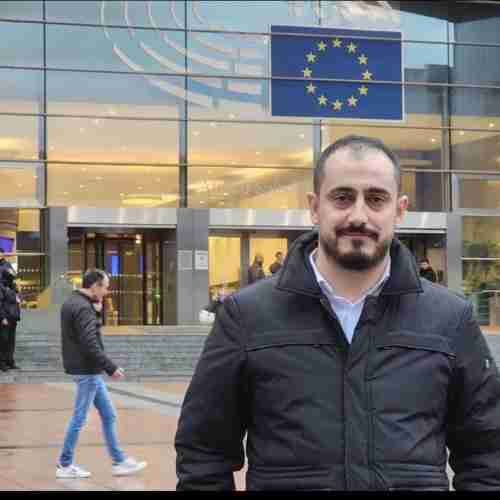
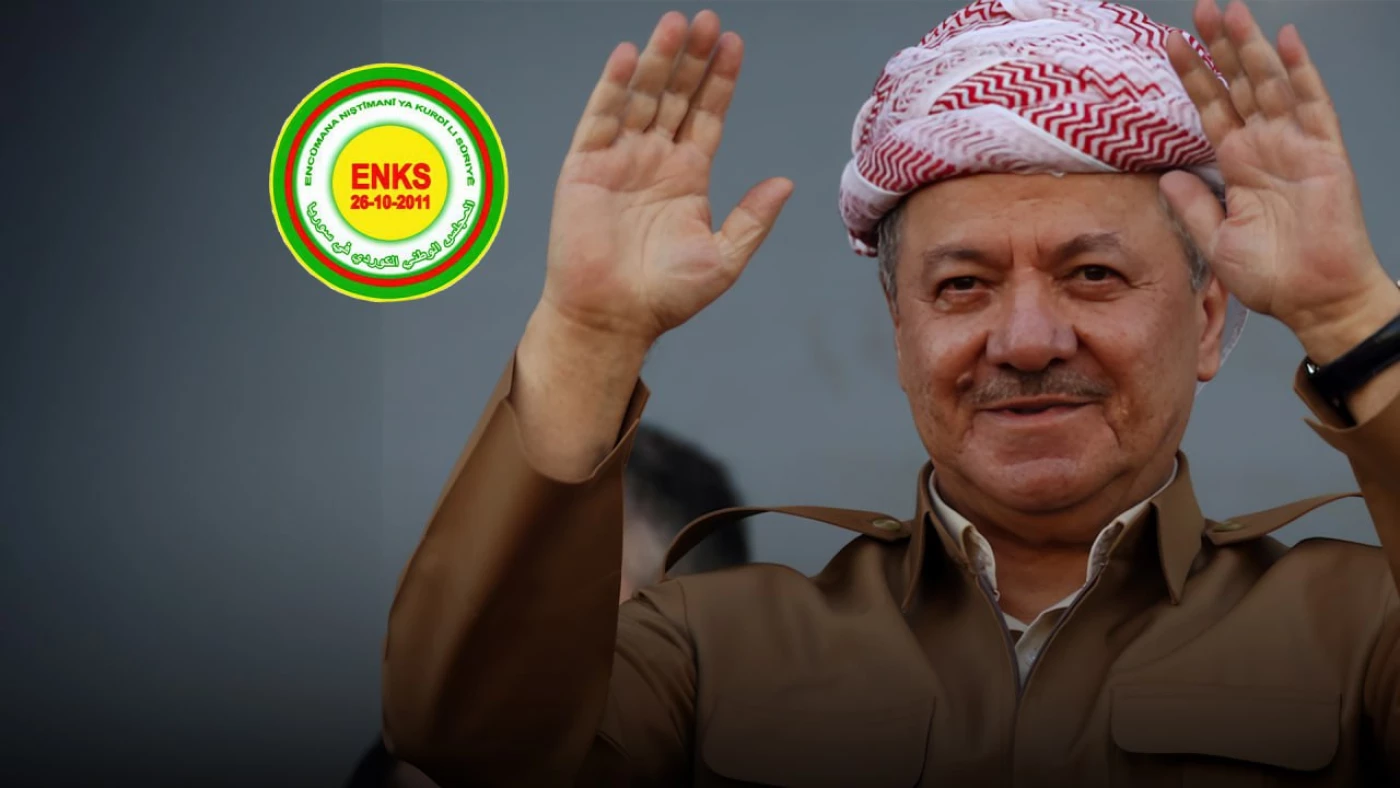
 Facebook
Facebook
 LinkedIn
LinkedIn
 Telegram
Telegram
 X
X
